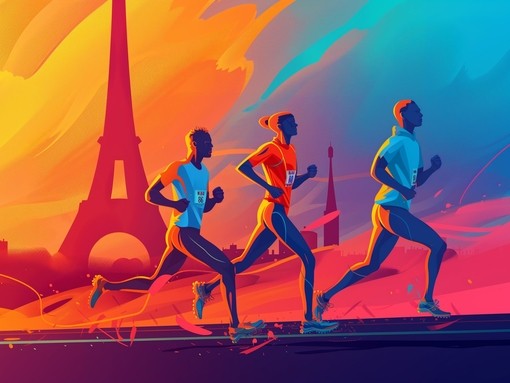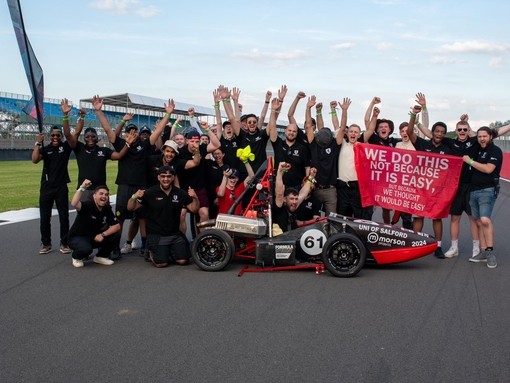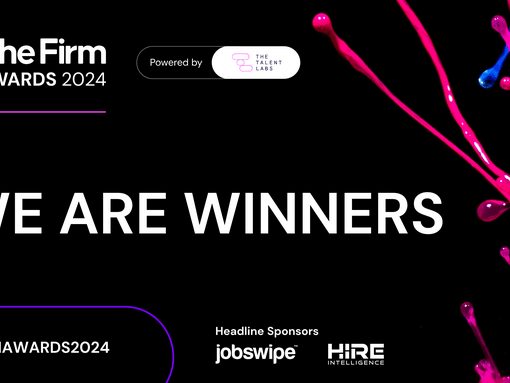AI. We love it. We use it all the time. We might even fear it. But one thing is for sure, it isn’t going anywhere and it’s applications are only going to become more far-reaching.

Since applications like ChatGPT became commonly used at the end of 2022, their influence has been felt in all walks of life.
Naturally, AI has also worked its way into the job search, and AI-generated CVs are becoming more and more common. As convenient as this might seem, its use does come with a lot of pitfalls that should be avoided.
Over the past 18 months, hiring managers and recruiters are reporting a steep increase in the number of AI-infused job applications, resulting in a higher volume of CVs but a decline in quality. According to a survey of job seekers, around 46% of UK workers have utilised the power of generative AI as part of their job search.
The limitations of using AI for your CV
AI has a lot of impressive functions, but at this stage of its development it still has a lot of limitations that have the potential to negatively affect your job search.
It won’t help you to stand out
Experiment a little with something like ChatGPT and while no doubt impressive in its ability to generate seemingly complex responses, you’ll soon notice that many of the responses are formulaic and lack personality. That’s because current AI technology doesn’t have the ability to easily infuse passion and emotion, and even if it could, it’s still not going to be able to replicate you. Since you are the fundamental thing that your CV is trying to sell to a potential employer, this is problematic.
A ChatGPT-riddled CV will be a bland, formulaic recall of the prompts that you entered. It may well be an easy way to summarise your accreditations and certifications but selling you as a person it is not.
Using ChatGPT to make yourself sound more intelligent? It won’t work.
The temptation with generative AI is to use it to add flourishes to the language you’ve used, especially if writing isn’t one of your strengths or if English isn’t your first language. However, it’s very easy to fall into a trap of making your language too flowery, or use words you don’t fully understand the meaning of. A quick cross-examination with you and your CV in an interview situation and this illusion can fall apart quickly.
Additionally, if you rely on ChatGPT to summarise your skills, it
For example, we asked ChatGPT to write a CV for a generic software engineer role. These are the ‘technical skills’ that it generated:
- Programming Languages: Python, JavaScript, Java, C++
- Web Technologies: HTML, CSS, React, Angular, Node.js
- Databases: MySQL, PostgreSQL, MongoDB
- Cloud Platforms: AWS, Azure, Google Cloud
- DevOps Tools: Docker, Kubernetes, Jenkins, Terraform
- Version Control: Git, GitHub, Bitbucket
- Testing Frameworks: JUnit, Mocha, Selenium
- Other Tools: Visual Studio Code, IntelliJ IDEA, Jira, Slack
An impressive list, no doubt, and the temptation is to leave everything in there to showcase a breadth of knowledge. The AI technology is coded to provide as much information as possible about a given topic, but if you aren’t proficient in some of the skills you’ve listed, this will quickly become apparent during the interview stage and beyond. If you’re going to use an AI platform to format and arrange your experience, make sure you’ve read it thoroughly, and what you are claiming is true. Fine tune, and personalise.
It’s easy to spot and certain companies are taking a zero-tolerance policy
Repetition. Obvious AI formatting. Americanised words. Repetition.
It’s far easier to spot an AI-crafted CV compared to a personalised one. From the lack of personalisation to the dry, uninspired nature of the text, recruiters and hiring managers are becoming more adept at filtering out the lazy applications. With the time-sensitive nature of recruitment and an increase in the number of applications per open role, it’s highly likely that if a recruiter suspects AI’s involvement, they will put the CV to the back of the pile.
Some larger companies are taking this dismissive policy to extremes. For example, the largest accountancy companies, EY, PwC, KPMG and Deloitte, have actively warned against graduates using AI for their applications and assessments.
What can I use AI for in my job search?
All of this is not to say that AI doesn’t have a place at all in the job application process. Afterall, a high percentage of roles will utilise some sort of AI tools moving forwards to streamline processes and cut down on the time taken to complete certain tasks. So how can you use AI in your job search?
Spellchecking
Nobody likes seeing a CV that’s riddled with typos, and sometimes even the most thorough proof-reading can miss things. Harness the power of AI to check everything is spelled correctly but warning: tools like ChatGPT default to American spellings, so make sure you spot and correct these.
Summarising and shortening
If you have a lot of experience and many different roles, it might be hard to summarise everything and make it concise. Nobody wants a 5-page CV, and the chances are in most cases the recruiter won’t look past the first page in detail. Use tools like ChatGPT to summarise larger portions of text that you’ve written, but don’t forget to pay attention to the rules above to make sure this doesn’t negatively impact your chances.
Search our latest roles here. Oh, and please don’t send an AI CV if you apply.
















